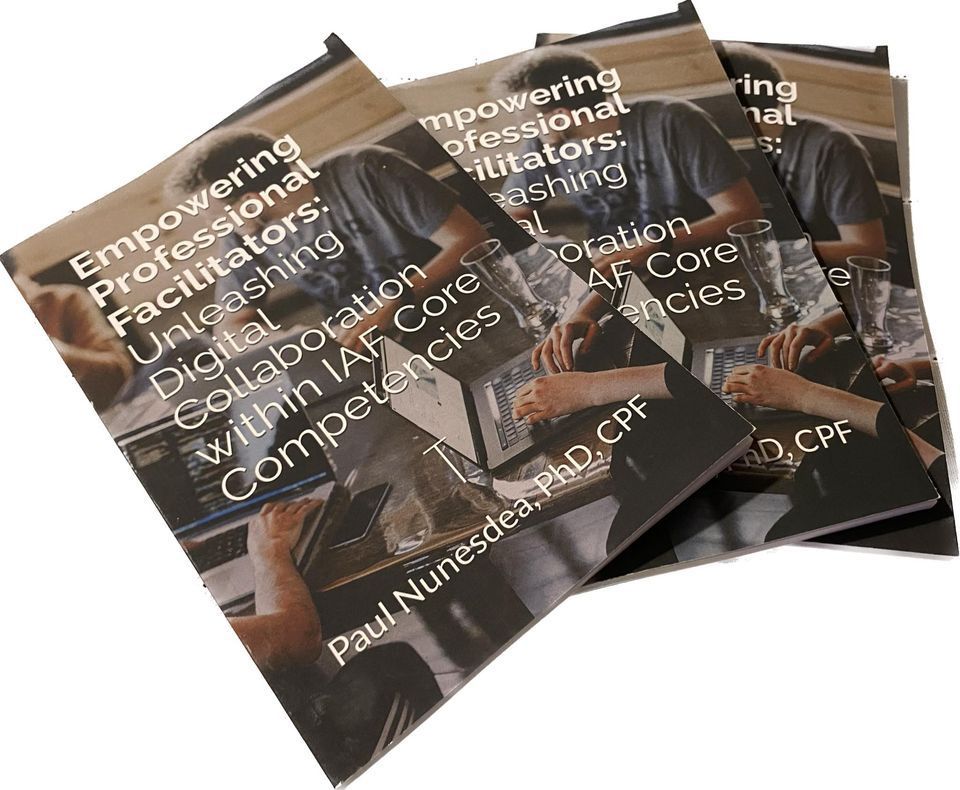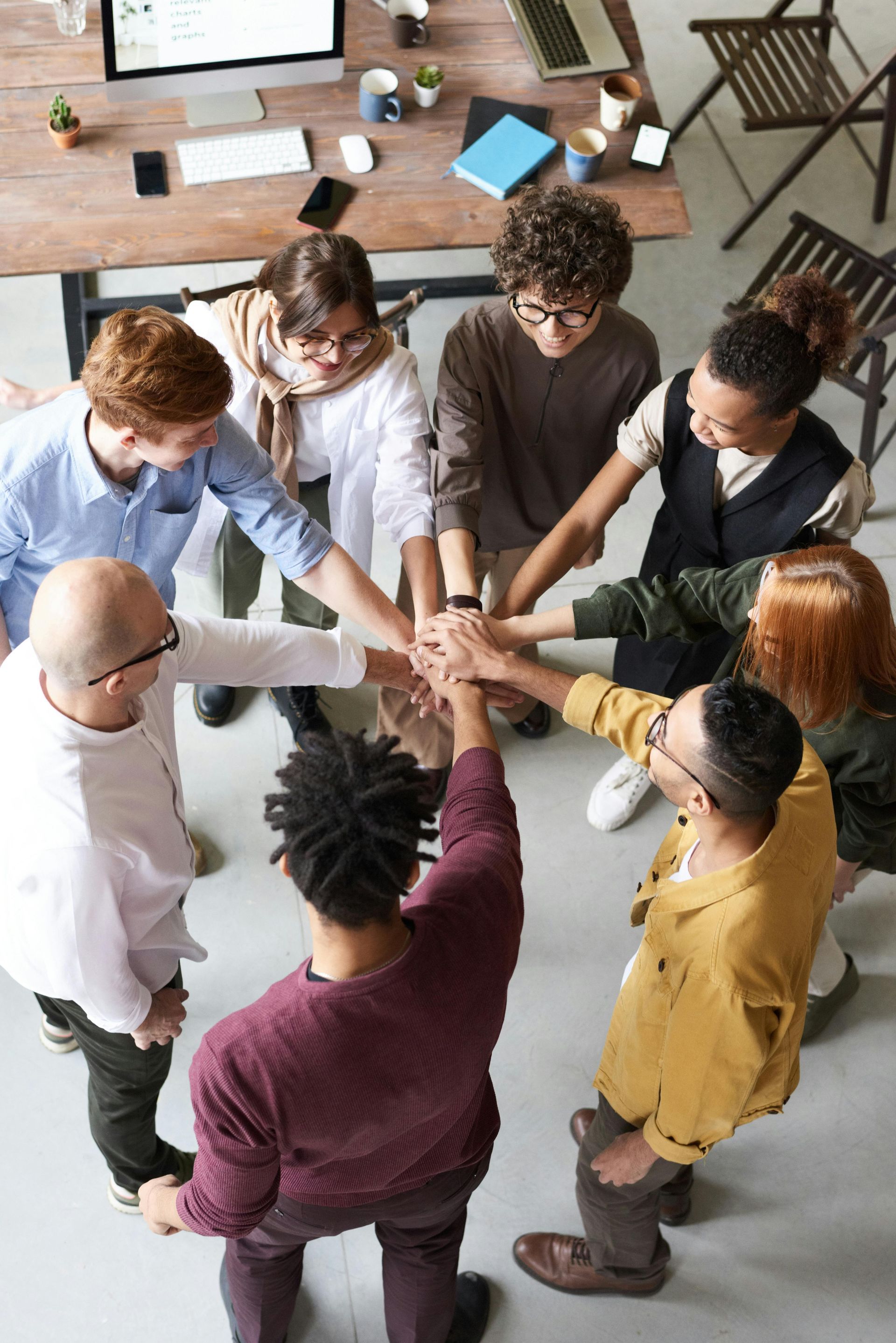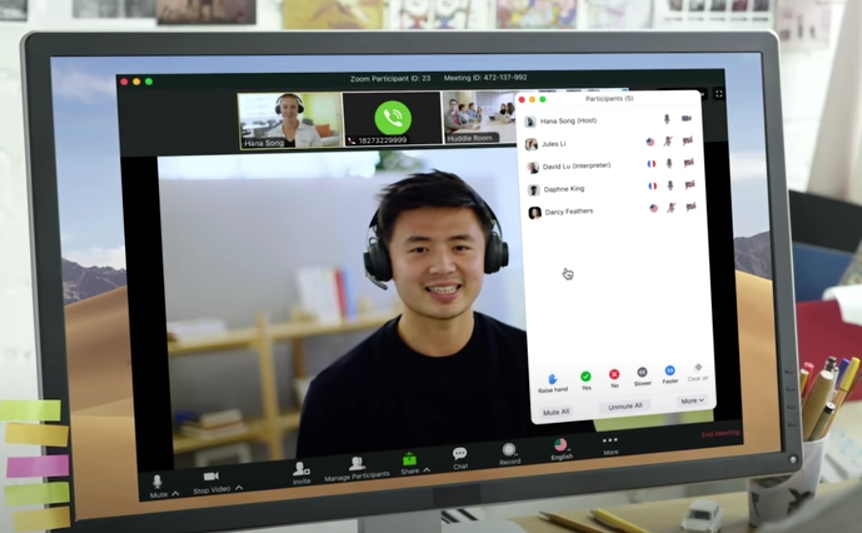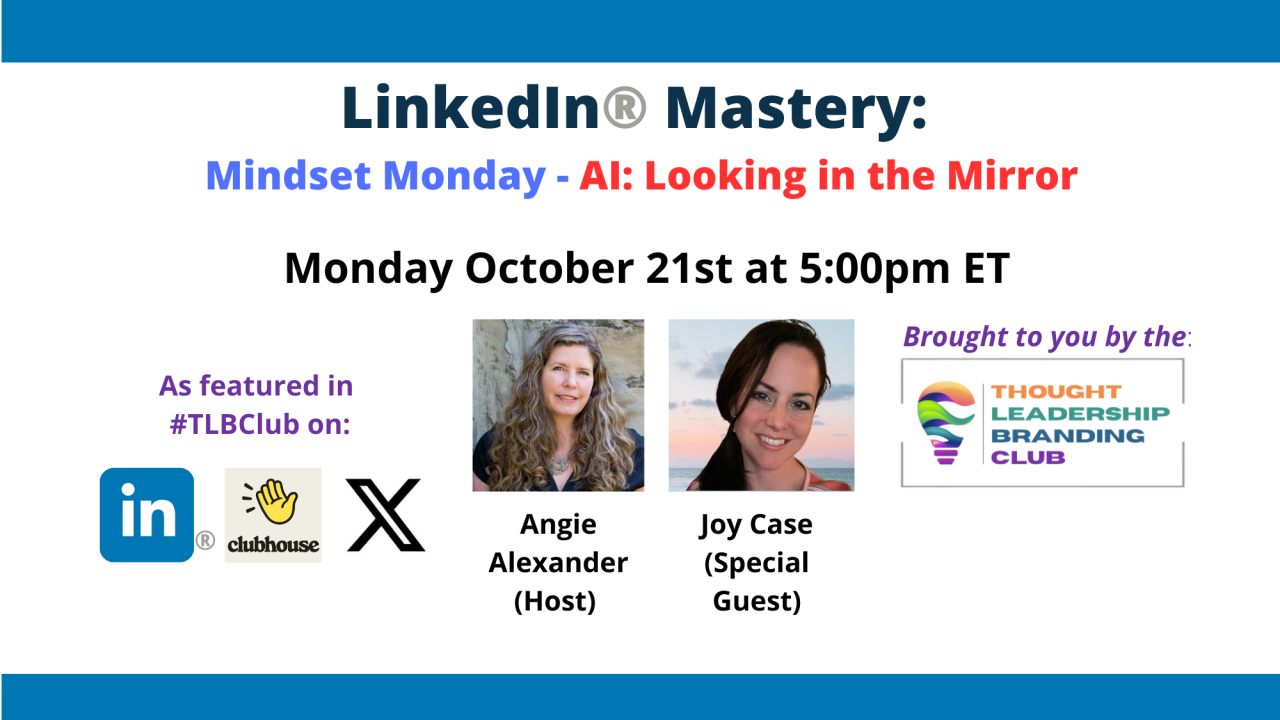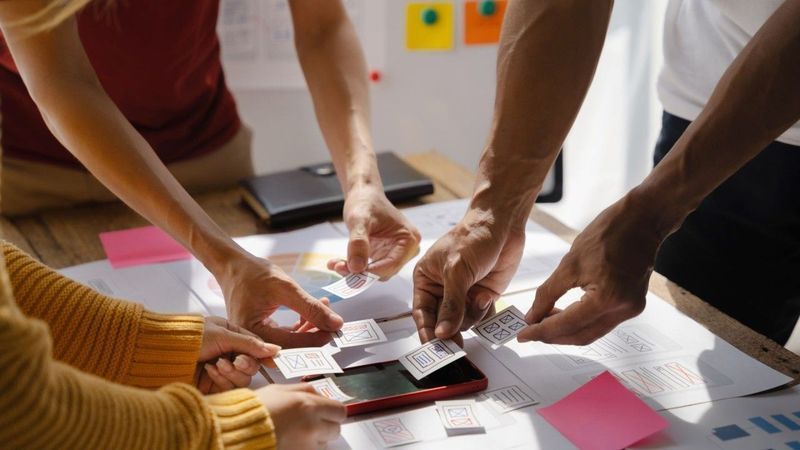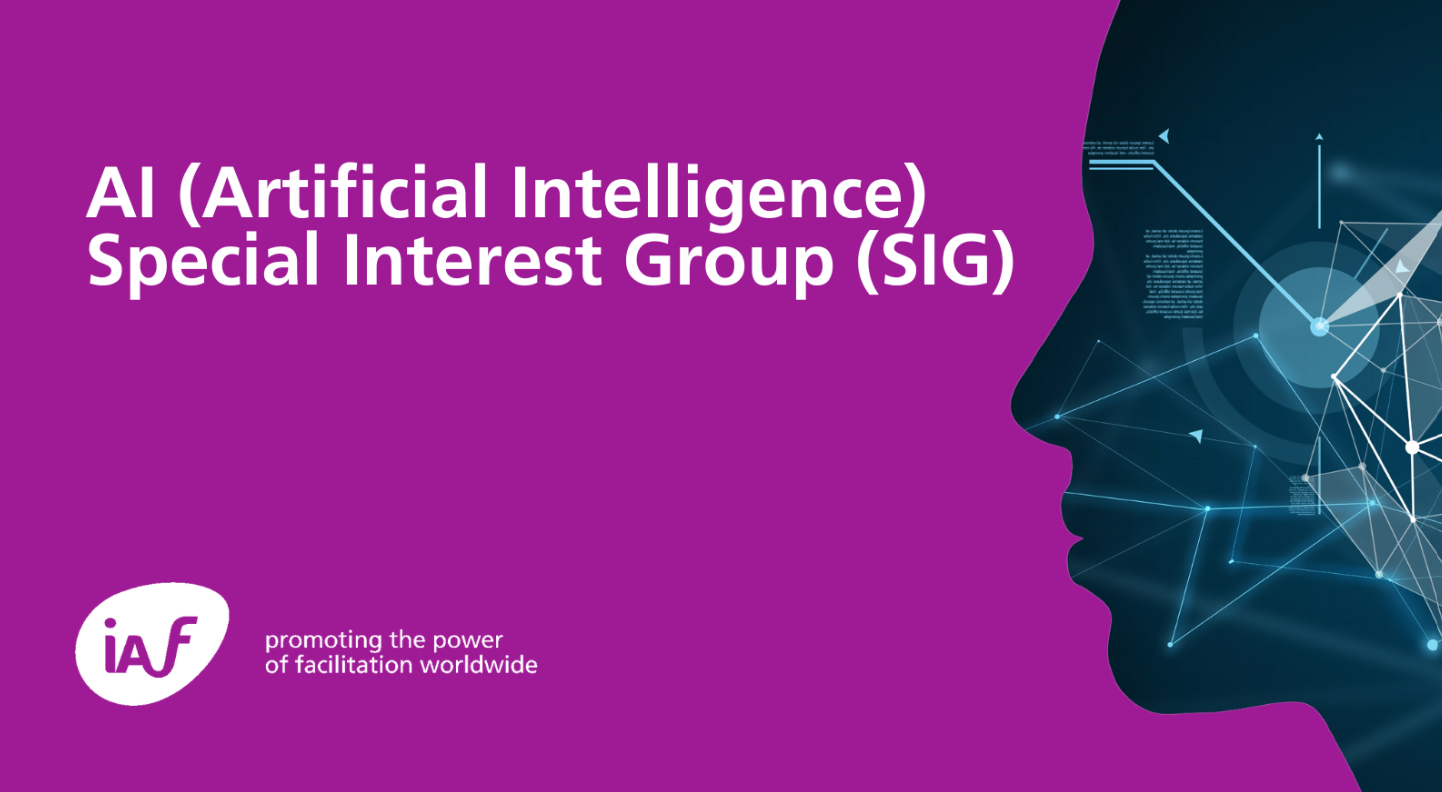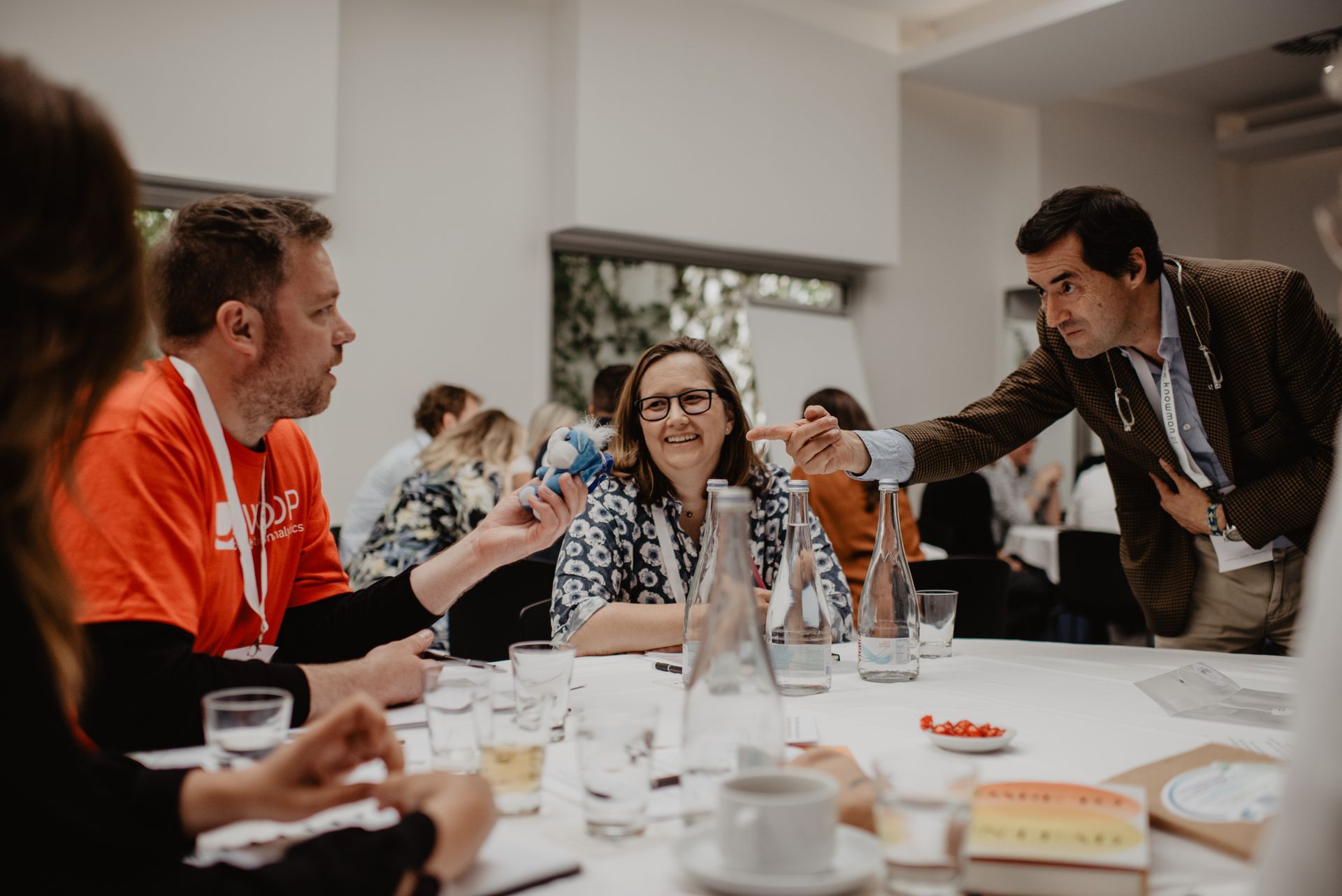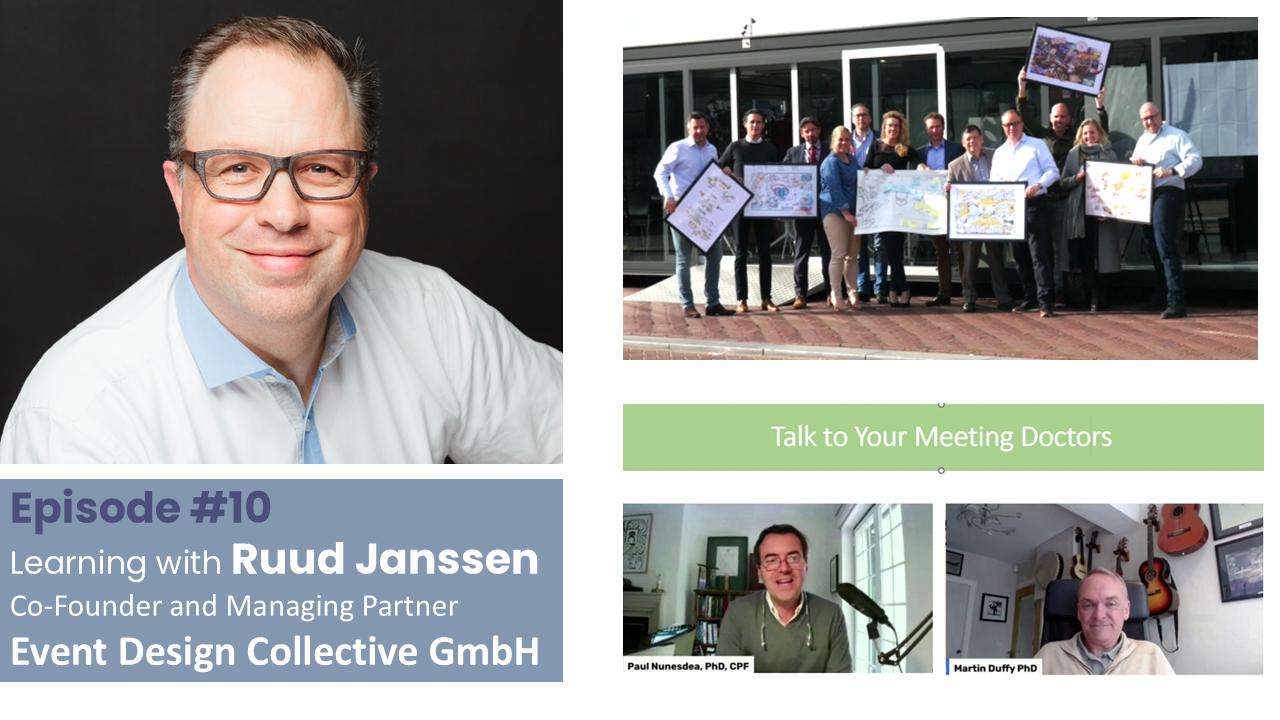
The Role of Facilitation in Architecting Collaboration
The Art and Impact of Facilitating Collaborative Success
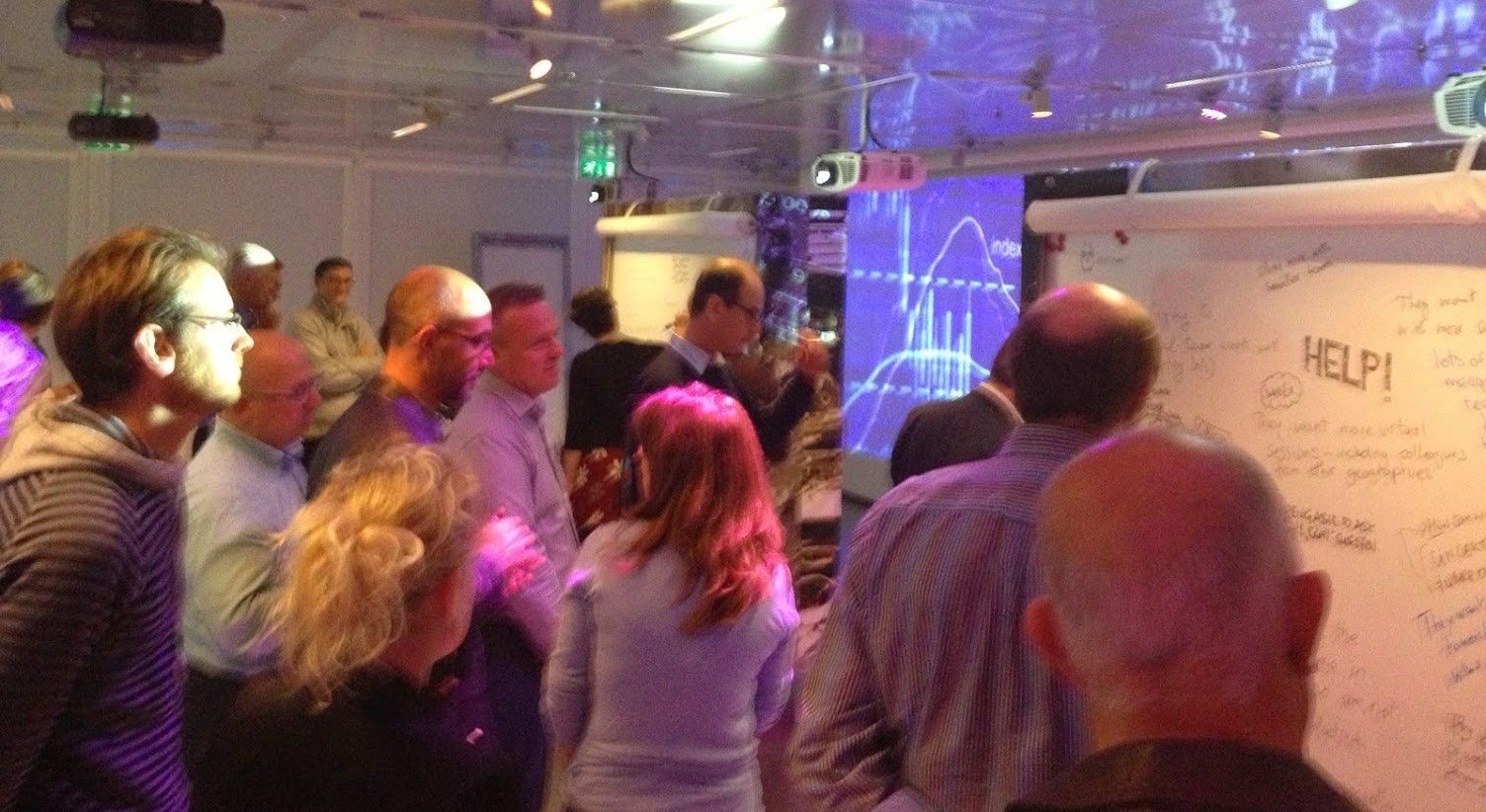
Facilitation is often misunderstood as merely guiding discussions or organizing workshops. However, the role of a facilitator, particularly in the context of architecting collaboration, goes far beyond that. Over my career, I’ve come to realize that facilitation is not just a skill—it’s a professional competency that transforms groups, organizations, and outcomes.
Differentiating Skills and Competencies
At its core, facilitation involves a set of skills that many individuals naturally possess to varying degrees. These might include active listening, conflict resolution, or guiding group discussions. However, when we talk about facilitation as a competency, we’re discussing the purposeful application of these skills within a specific context to achieve defined outcomes. Competencies are about intention and strategy, not just instinctive reactions.
Some individuals may be naturally inclined towards facilitation, possibly due to their personality or innate abilities. But true facilitation competency is developed through training, experience, and a deep understanding of the context in which one is working. The International Association of Facilitators (IAF) has spent years defining and refining core competencies that professionals must master to be effective facilitators. These competencies are essential for those who wish to approach facilitation from a professional standpoint.
Facilitation vs. Leadership vs. Consultancy
Another area of confusion often arises between the roles of facilitation, leadership, and consultancy. While these roles can overlap, they are distinct in their execution and intent.
- Leadership involves guiding a group or organization towards a vision. A leader may use facilitation skills to empower their team, but their primary role is to make decisions and set direction.
- Consultancy involves providing expert advice. When a consultant makes recommendations, they step into a leadership role, influencing the decision-making process.
A facilitator, on the other hand, does not lead or advise. Instead, they guide the process, helping the group arrive at its own conclusions and solutions. This distinction is crucial, as the facilitator's role is to remain neutral and empower the group to take ownership of the outcome.
The Facilitator as a Process Architect
In many ways, a facilitator is akin to an architect—designing and structuring processes that enable collaboration and innovation. This is where the concept of “architecting collaboration” comes into play. As facilitators, we must understand the broader context of the organization, the variables at play, and the goals that need to be achieved. Only then can we design processes that are truly collaborative and capable of driving change.
For example, when planning a workshop, a facilitator must first engage with the client to understand the broader context, including the organization’s objectives, challenges, and dynamics. This initial consultation is critical in ensuring that the facilitation process is aligned with the organization's needs. The facilitator then designs the workshop as a component of a larger collaborative process, ensuring that each session contributes to the overall goals.
The Journey of Becoming a Facilitator
Facilitation is a journey—one that starts with learning and practice. While anyone can facilitate a meeting or a workshop, becoming a professional facilitator requires dedication, continuous learning, and the application of best practices. There are many valuable resources available, including books and training programs, that can help aspiring facilitators hone their skills and develop their competencies.
As facilitators, we are not just practitioners of a skill; we are instruments of change. Our work is about more than just organizing a workshop or leading a discussion—it’s about enabling collaboration, fostering innovation, and driving tangible outcomes.
Conclusion
Facilitation, particularly within the framework of architecting collaboration, is a powerful tool for organizations seeking to innovate and grow. By understanding the distinctions between skills and competencies, as well as the roles of facilitation, leadership, and consultancy, we can better appreciate the value that professional facilitation brings to the table.
In the ever-evolving landscape of organizational development, the facilitator's role remains pivotal. Whether working with teams, guiding strategic planning, or designing collaborative processes, facilitators are essential in helping organizations navigate complexity and achieve their goals.
If you’re interested in exploring how facilitation can drive change in your organization, I invite you to engage in a conversation about the transformative potential of architecting collaboration. Together, we can create processes that not only meet your objectives but also inspire and empower your team.
About us
My Meeting Support, through its parent company col.lab | collaboration laboratory Ltd, aims to revolutionize the way events and training programs are managed. By bringing together a community of experienced facilitators and leveraging the power of digital tools for collaboration we provide services that are not just about executing an event or a training session, but about crafting unique experiences that promote collaboration, learning, and engagement. It's about fostering connections and creating environments where ideas can thrive and lead to actionable outcomes. This approach ensures that every event is not just a fleeting moment but a lasting impact.
"Talk To Your Meeting Doctors" is a dynamic and engaging series that aims to address common challenges faced in meetings and offer expert advice and strategies to enhance meeting effectiveness. As co-hosts, Paul Nunesdea and Martin Duffy bring their wealth of experience and expertise to the forefront by hosting conversations with renowned guest speakers sharing practical insights and facilitating discussions on topics such as meeting design, participant engagement, decision-making processes, and fostering a culture of collaboration.
This LinkedIn Live event series serves as a valuable platform for professionals from diverse industries and backgrounds to gain actionable knowledge, exchange ideas, and discover innovative approaches to optimize their meeting experiences.
Check out the next upcoming episodes: here

Follow Us
"Be brave enough to start conversations that matter and shift the direction of change for the better."
col.lab | collaboration laboratory is a spin-off from the book series " Architecting Collaboration " and our privacy policy can be consulted here
My Meeting Support is an event services brand by col.lab | collaboration laboratory






